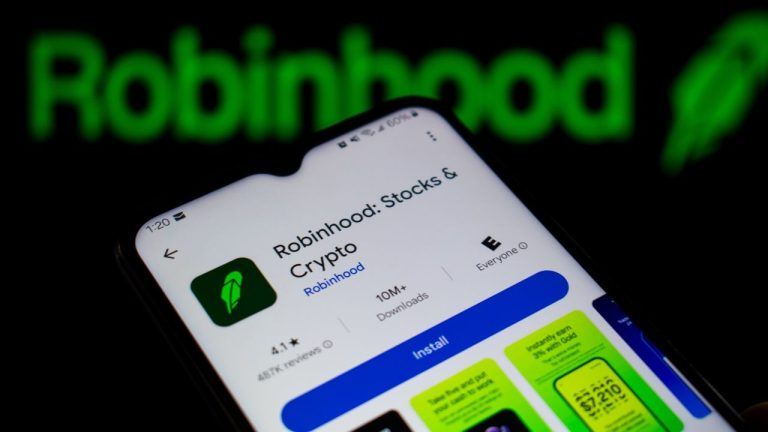Top Lawyer Debunks XRP’s Security Status: Here’s Why XRP Is Not a Security


The post Top Lawyer Debunks XRP’s Security Status: Here’s Why XRP Is Not a Security appeared first on Coinpedia Fintech News
The lawsuit involving Ripple and the US regulator, the Securities and Exchange Commission (SEC), is receiving more attention now that the much-anticipated summary ruling in the case has been issued. Pro XRP lawyer John Deaton took to his Twitter and took a subtle dig at the SEC.
The majority of crypto tokens are securities, according to Securities and Exchange Commission Chairman Gary Gensler. However, Deaton asserted that this is untrue and that the SEC’s claim that a token is a security in and of itself shouldn’t be tolerated in the cryptocurrency sector.
According to Deaton, even if a token may be presented, advertised, made available, and sold as a security, it does not actually represent the underlying asset or token. He claimed that the software code makes up the entire token. The phrase “investment contract” or “securities” was never used, he continued.
Deaton provided three examples to back up his thesis. First off, because the GRAM token is an “alphanumeric sequence” in the Telegram case, the ruling judge made it plain that it is not a security. Also, he cited a well-known quotation from Bill Hinman, a former SEC employee, who stated that “digital assets are code.”
“Hinman’s speech also said: “the token – or coin or whatever the digital information packet is called – all by itself is not a security, just as the orange groves in Howey were not.” We forced the SEC to admit in its Opposition Brief that “stripped down XRP is computer code.”
In his third example, he quoted an essay by Lewis Cohen that claimed “no appellate court has ever held the underlying asset subject to an investment contract transaction to be an investment contract in itself and the subsequent transfer of that asset.” In relation to securities transactions, there is no federal matter finding.
Deaton said, “We shouldn’t call software code securities – even though previously sold as one. We forced the SEC to briefly admit in our protest that ‘stripped XRP is computer code.”


